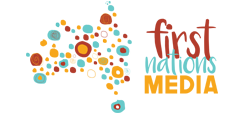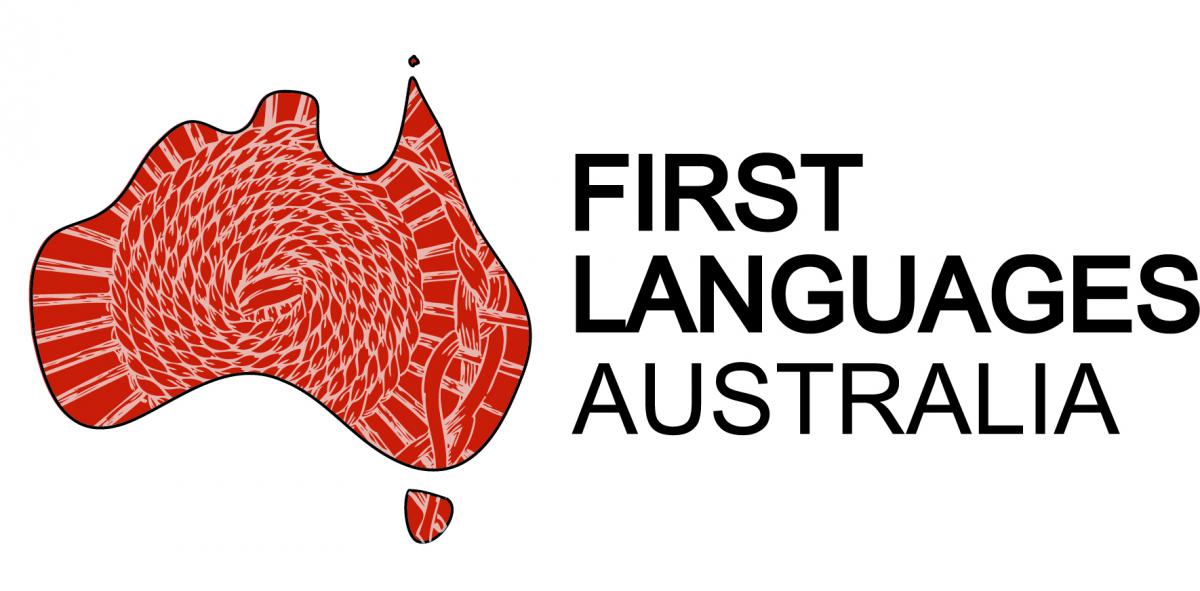
First Languages Australia
First Languages Australia aims to ensure that the wishes of Indigenous community members are voiced in key decision-making processes that impact on the current and future management of their languages. This in turn shapes the survival of Australia’s traditional languages into the future.
The organisation facilitates discussions between communities and the government and key non-government partners whose work affects, or could affect, Australia's Indigenous languages.
By supporting communication within the language network, First Languages Australia will be working to help colleagues share their experience, resources and expertise and to encourage sustainable partnerships that support the broad spectrum of language endeavours
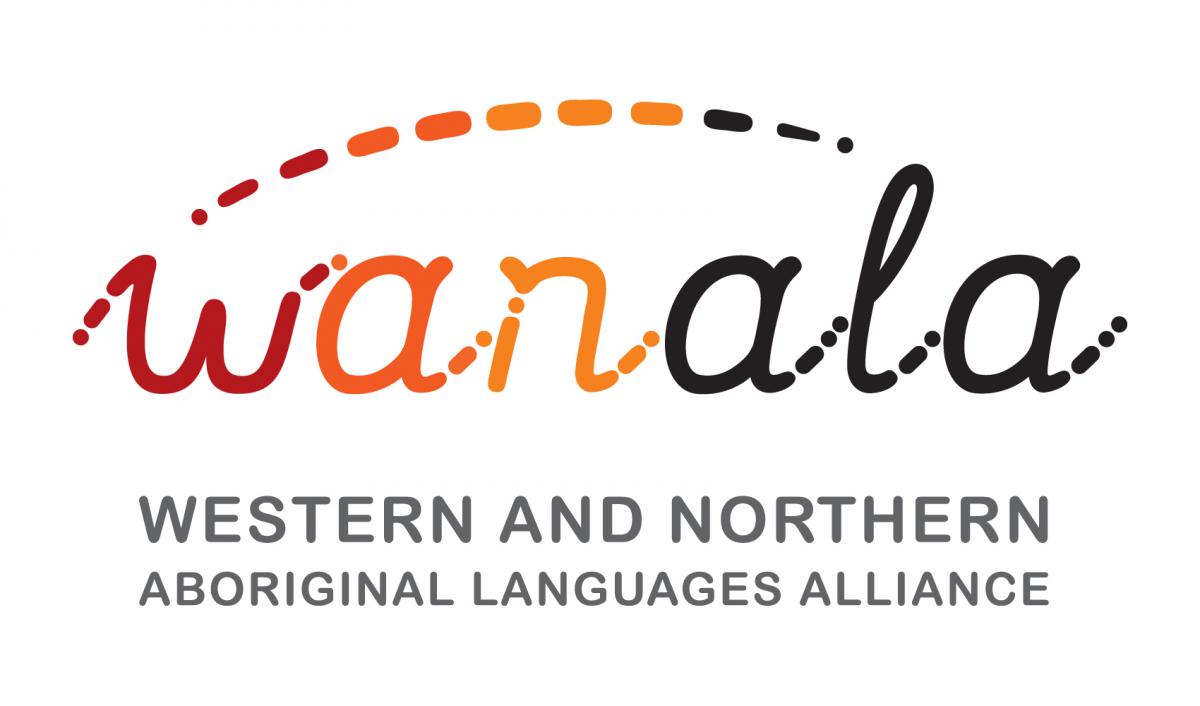
WANALA - Western and Northern Aboriginal Languages Alliance
WANALA was established in 2014 and is managed by Batchelor Institute of Indigenous Tertiary Education through the Centre for Australian Languages and Linguistics.

Living Archive of Aboriginal Languages
The Living Archive of Aboriginal Languages project is establishing an open access online repository comprising digital versions of the materials produced in Australian Indigenous languages in the Northern Territory.

BlackWords
BlackWords records a diverse range information about the lives and works of Aboriginal and Torres Strait Islander writers and storytellers and the literary cultures and traditions that formed and influenced them.
BlackWords is the most comprehensive record of Aboriginal and Torres Strait Islander publications available. It covers all forms of creative writing, film, television, criticism and scholarship, both by and about Aboriginal and Torres Strait Islander writers and literary and storytelling cultures.

Australian Society for Indigenous Languages
In 2010, AuSIL began making dictionaries in Aboriginal languages available on the web as part of our efforts to document and preserve Australian languages for future generations.
Many of the dictionaries were published previously by AuSIL during our 50 years of serving the indigenous people of Australia (often they were published under our former name of SIL Australian Aborigines and Islanders Branch). Some of the dictionaries have been updated and had semantic categories and pictures added. Others are presented as historical documents and have not been changed or updated since their first publication.
For each dictionary there is a web based version and a stand-alone version that can be downloaded onto your computer. You can also purchase CD-versions of some dictionaries from our Darwin Office.
It is our hope that in making these materials available electronically, that both local indigenous communities and wider audiences will find benefit. However, we realise that dictionaries are ‘works in progress’ and as such, are never complete.
We welcome and encourage indigenous communities to send us their comments, suggestions or corrections at any time so that updated versions can be published as further research and language data become available.
The dictionaries
- are accessible online,
- available for free download here,
- can be purchased as a standalone CD.
Each dictionary was originally compiled by AuSIL personnel in collaboration with speakers from the specific language community. Current dictionaries: Burarra, Bilinarra, Djinang, Gurindji, Iwaidja, Maung, Tiwi, Walmajarri, Warlpiri, Wik Mungkan, Kriol.
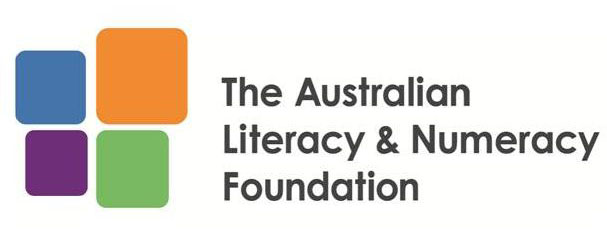
Australian Literacy and Numeracy Foundation
The Australian Literacy and Numeracy Foundation (ALNF) is dedicated to raising language, literacy and numeracy standards in Australia and raises funds to develop, implement and sustain innovative projects for individuals, families and communities.

Puliima
Puliima National Indigenous Language and Technology Forum is a biennial event aimed at bringing people together from all over Australia and internationally to explore pioneering project ideas and exciting products and equipment that can be used in community based Indigenous languages projects. The Forum allows people to network with an inspirational group of people who all share a common ambition of preserving and celebrating the languages of your country.

ARC Centre of Excellence for the Dynamics of Language
The Centre is investigating language as a diverse, dynamic and evolving organism that interacts with our perceptual processes in ingenious ways. Understanding why the world’s languages are designed so differently—and how our minds acquire and exploit them to achieve different outcomes—will help generate important scientific insights and exciting new technologies.

Our Languages
The Our Languages website has been produced as a place where we can share and collaborate on activities surrounding Australia's traditional Aboriginal languages. The website is administered by the Arwarbukarl Cultural Resource Association Inc. t/a Miromaa Aboriginal Language & Technology Centre.

Miromaa Aboriginal Language and Technology Centre
Arwarbukarl Cultural Resource Association (ACRA) was established in 2002, committed to cultural and language awareness in Awabakal country; since 2008 we have operated under the trading name Miromaa Aboriginal Language & Technology Centre (MALTC) which specialises in the four following areas:
-
Reclamation of the Awabakal language; conducting education in preschools, primary schools and high schools and bringing awareness to the importance that Awabakal language has on cultural identity. Creating Awabakal language resources including games, booklets, posters, activities and much more.
-
Puliima is our biennial National Indigenous Language and Technology forum that engages other Indigenous communities from Australia and overseas.
-
Miromaa language and education software which is being utilised to preserve more than 100 languages and 24 hour training that is available to all people who have previously been engaged with our organisation. We continue to support Aboriginal people with obtaining the Miromaa software free of charge.

Victorian Aboriginal Corporation for Languages
The Victorian Aboriginal Corporation for Languages (VACL) will retrieve, revive and strengthen Indigenous Languages for Victorian Aboriginal people.
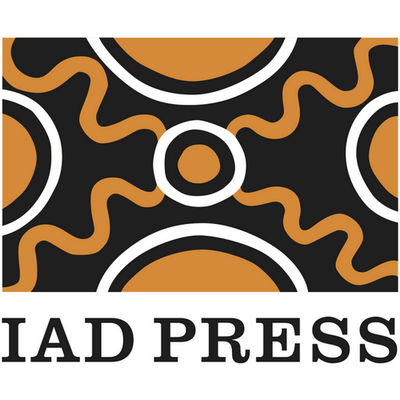
IAD Press
Established in the early 1970s, IAD Press has built a strong reputation nationally and internationally as an Indigenous publisher of excellence. Based in Mparntwe (Alice Springs), the traditional lands of the Arrernte people, its purpose is to:
- Publish the work of Aboriginal and Torres Strait Islander writers and artists.
- Promote the many and varied voices of Indigenous Australia.
- Maintain and promote Indigenous language and culture.
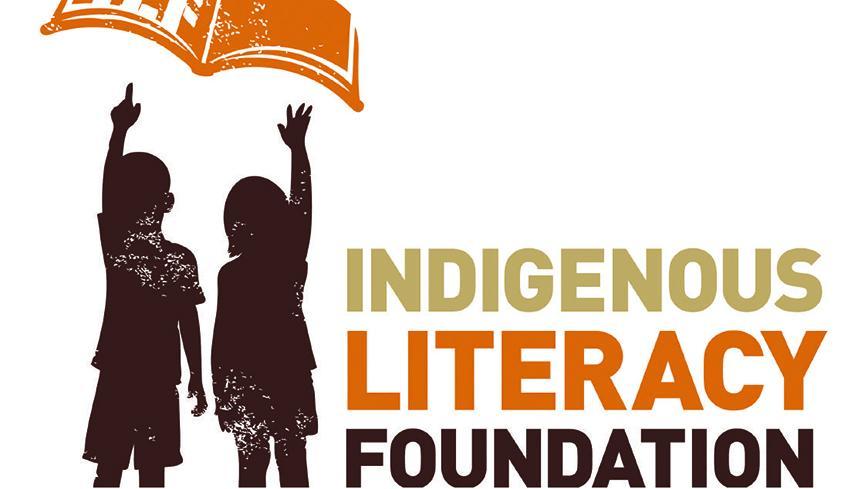
Indigenous Literacy Foundation
The Indigenous Literacy Foundation (ILF) aims to raise literacy levels and improve the lives and opportunities of Indigenous children living in remote and isolated regions. This is done by providing books and literacy resources to communities and raising broad community awareness of Indigenous literacy issues. The Foundation is an initiative of the Australian Book Industry drawing on its diverse range of expertise, skills and resources. It works with the support of the Australian Publishers Association, the Australian Booksellers Association and the Australian Society of Authors.
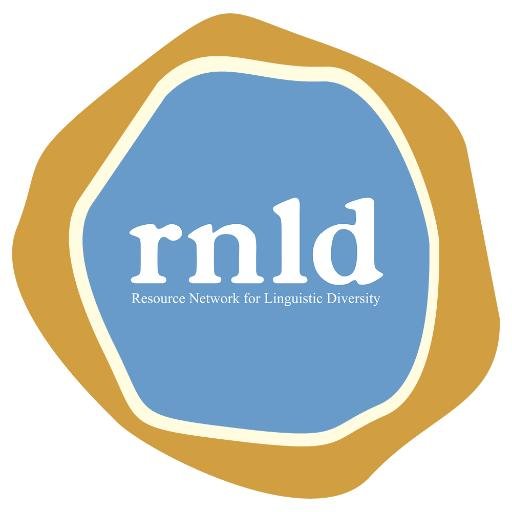
Resource Network for Linguistic Diversity
RNLD aims to advance the sustainability of Indigenous languages and to increase the participation of Indigenous peoples in all aspects of language documentation and revitalisation through training, resource sharing, networking, and advocacy. Through our activities, we contribute to the holistic health and wellbeing of Aboriginal and Torres Strait Islander communities by providing direct relief from the suffering and distress that arises from the loss of Indigenous languages and the consequent alienation from cultural heritage and Indigenous identity.

Honey Ant Readers
Literary Resources for Indigenous Australian Learners of all Ages. A series of books and resources developed in collaboration with Aboriginal Elders and community.

Learning Yolŋu Matha - Marthakal Homelands Resource Centre
Learning Yolŋu Matha is an interactive language learning program. Part 1 produced by Aboriginal Resource and Development Services Inc. (link is external) and parts 2 and 3 and Learning English part 4 produced by Why Warriors Pty Ltd
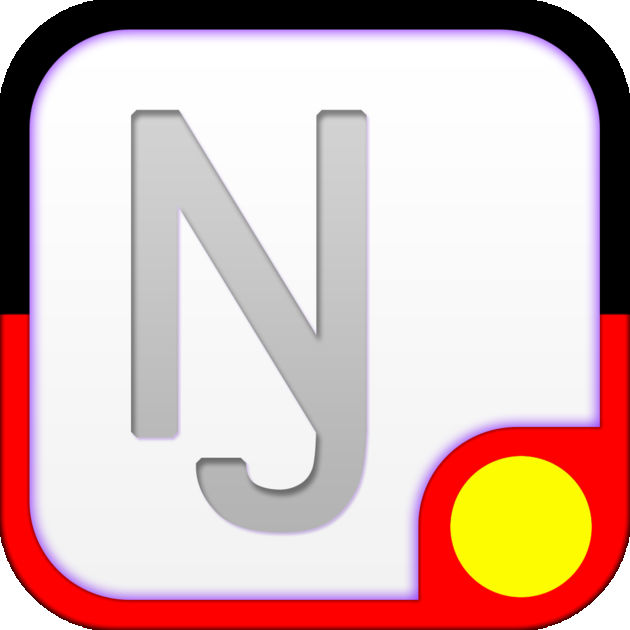
Yän - iPad app
iPad app for writing in Australian Indigenous languages that require special characters like 'ŋ'.
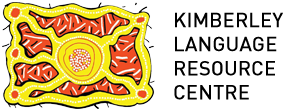
Kimberley Language Resource Centre
The KLRC was the first regional language centre established in Australia. It is the peak representative body for Aboriginal languages in the Kimberley, Western Australia.
